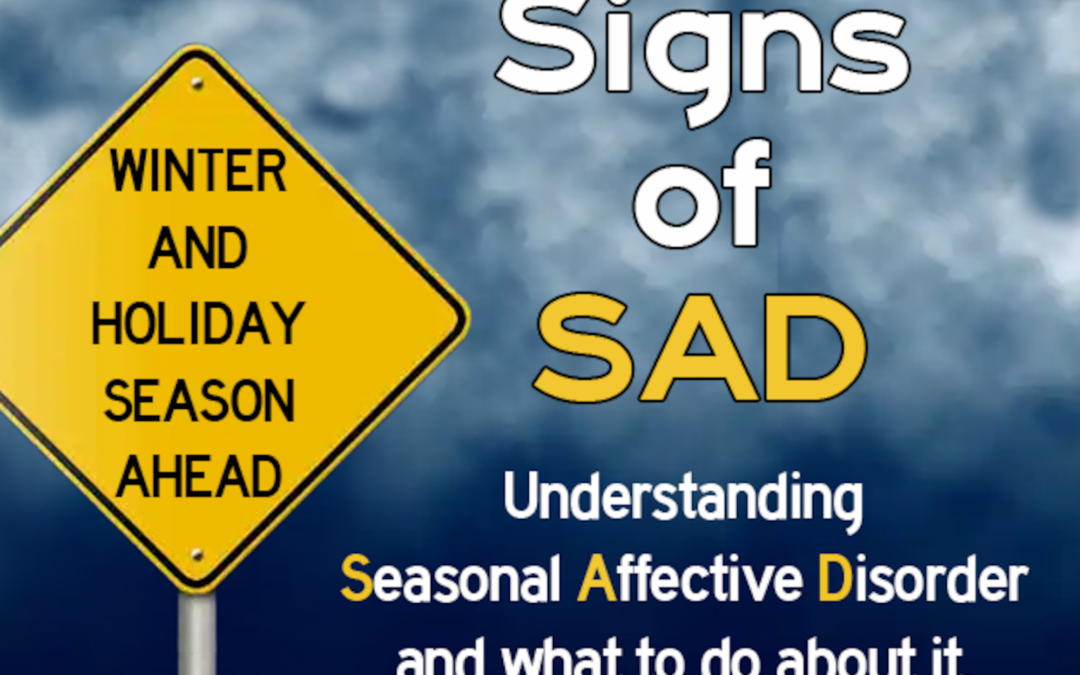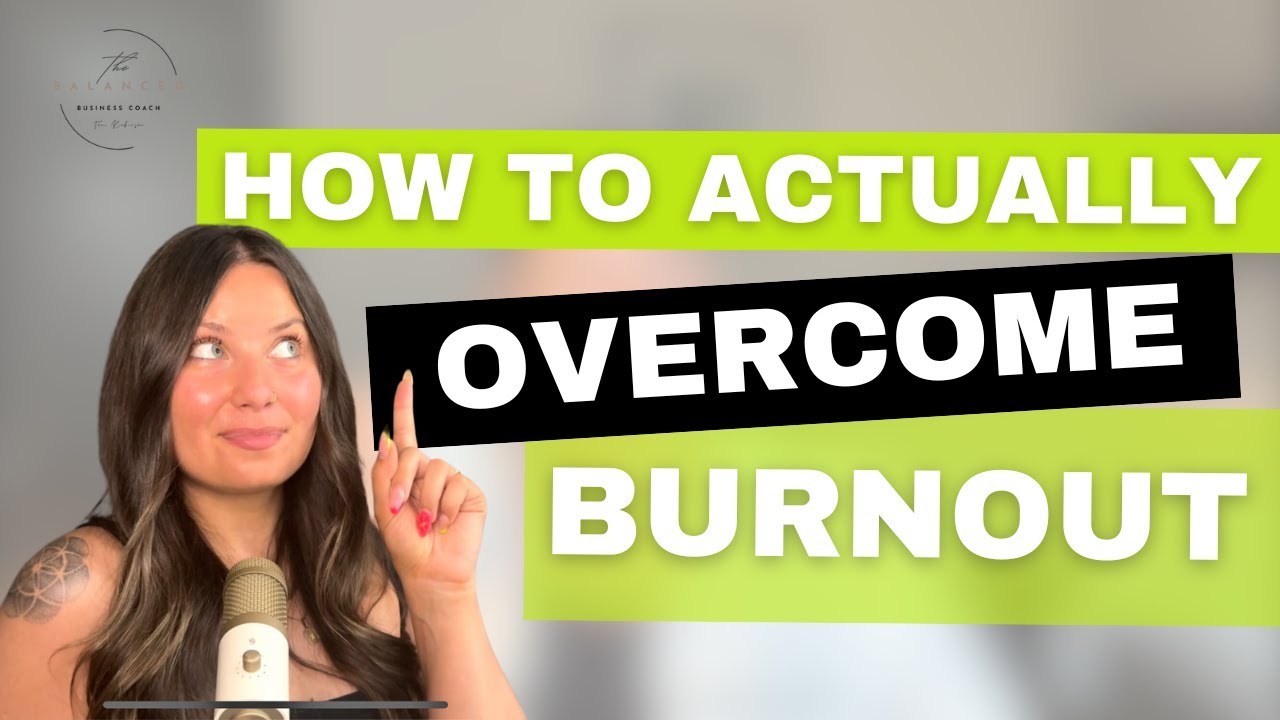As the seasons change, so do we. Seasonal depression is very common and can be overcome if you know the warning signs. Seasonal Depression (also known as Seasonal Affective Disorder or SAD) is a type of depression that typically occurs during specific seasons of the year, most often in the fall and winter months. It’s linked to reduced exposure to natural sunlight, which can affect serotonin levels and disrupt the body’s internal clock (circadian rhythm).
Warning Signs of Seasonal Depression
- Changes in Mood
- Persistent sadness, hopelessness, or irritability
- Increased anxiety or feelings of worthlessness
- Loss of Interest in Activities
- Withdrawal from social interactions
- Losing motivation to engage in hobbies and activities you once enjoyed
- Low Energy and Fatigue
- Feeling tired or sluggish despite getting enough sleep
- Difficulty concentrating or making decisions
- Changes in Sleep Patterns
- Oversleeping (hypersomnia)
- Trouble getting out of bed or staying awake during the day
- Changes in Appetite and Weight
- Increased craving for carbohydrates or sugary foods
- Weight gain (or, in some cases, weight loss)
- Feelings of Guilt or Shame
- Engaging in negative self-talk or feeling unmotivated to improve
- Difficulty Coping with Everyday Tasks
- Feeling overwhelmed by basic responsibilities
- Avoiding work, school, or other commitments
- Physical Symptoms
- Headaches, muscle tension, or unexplained aches
- Frequent illness due to weakened immune function
This is what can show as symptoms but why does seasonal depression happen?
- Reduced daylight exposure: Low light levels in fall and winter affect the production of serotonin (a mood-regulating neurotransmitter) and increase melatonin, leading to fatigue.
- Disrupted circadian rhythm: Shorter days can confuse your body’s internal clock.
- Vitamin D deficiency: Less sunlight reduces vitamin D levels, which are linked to depression.
How to Manage Seasonal Depression
- Light therapy: Using a light box that mimics natural sunlight can help improve mood.
- Exercise: Physical activity, especially outdoors, boosts endorphins and helps regulate sleep.
- Healthy diet: Focus on nutrient-dense foods to prevent energy dips from sugar crashes.
- Social interaction: Regular social contact prevents isolation and boosts mental health.
- Professional help: Cognitive Behavioral Therapy (CBT) and medication may be recommended for severe cases.
Managing and overcoming seasonal depression is something that we don’t want you to have to do alone. When all signs point to SAD, don’t write it off. Remember, we are here for you. If you need support, email [email protected] for resources.




